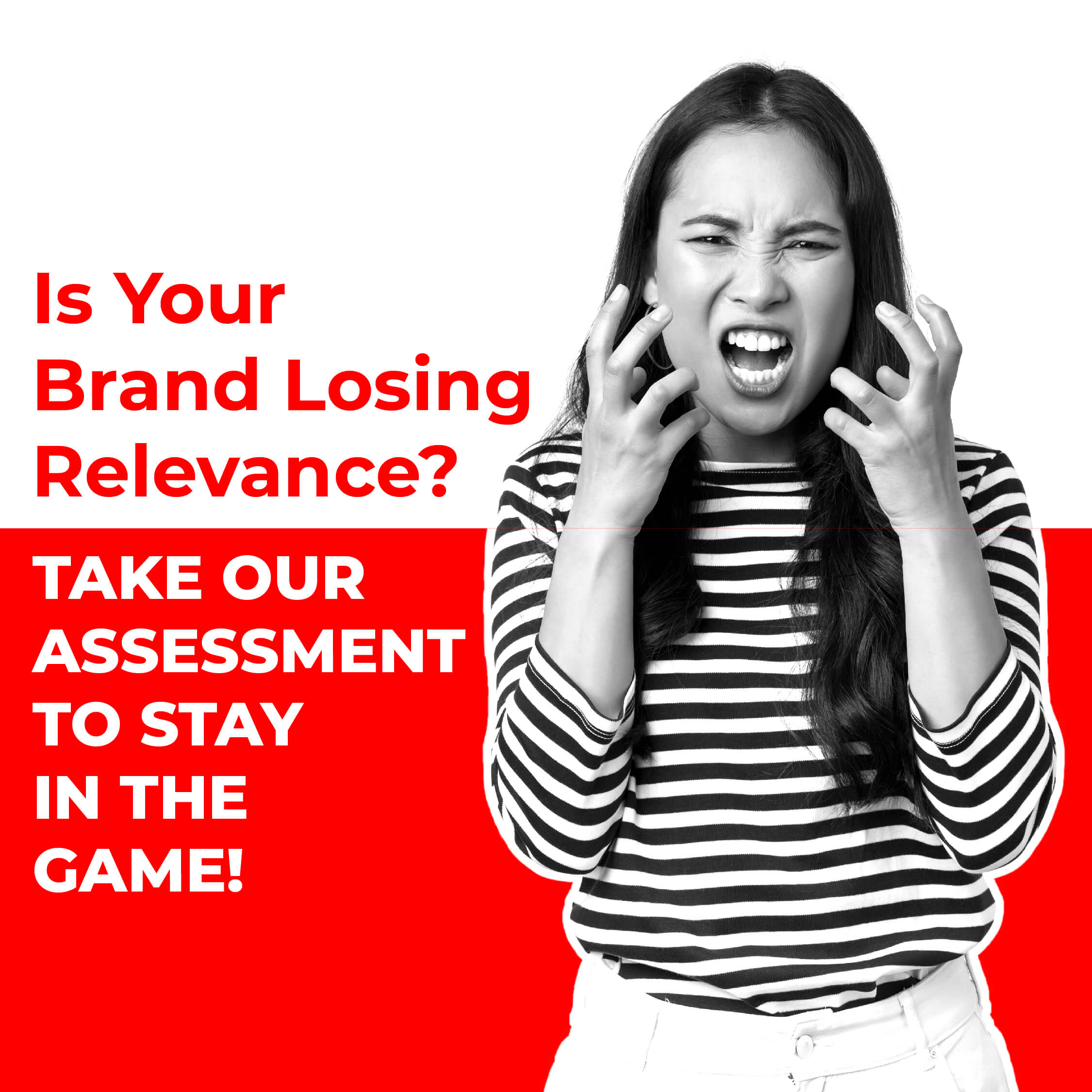
Just as “whitewashing” seeks to to cover up unethical activities through denial & creative lies, “greenwashing” seeks to change the image of a company as an environmentally responsible one, without the company actually contributing anything worthwhile towards environment preservation. It is a term coined by a New York environmentalist, Jay Westervelt, in an essay in 1986.
He observed that many hotels would place placards in their rooms encouraging reuse of towels, apparantly, to “save the environment,” though reusing towels has nothing to do with environment conservation. All it does is reduces expenses and increases profits for the hotels.
YOU SHOULD KNOW THAT A COMPANY OR ORGANIZATION IS “GREENWASHING” YOU, WHEN:
- The company spends more money on promoting itself as “green” (environmentally responsible) company, than on taking some concrete actions on recycling, reuse or energy conservation.
- You see too much of “green” branding happening on the packaging of the company products.
- Some company, non-profit organization or group tells you to participate in “green” campaigns like “Earth Hour.” It may make you feel good about yourself, create a lot of hoopla for the participating organizations (thus giving them free publicity), but does little towards actual energy conservation. For all you know, those very organizations would consume double the energy, the very next day.
EXAMPLES:
- Many food companies generally employ the tactics of printing environment friendly imagery on their product packages to evoke respect from customers, without doing anything to reduce the environmental impact of their business.
- In 2009 (this one is interesting), McDonald’s in Europe changed their color from yellow and red to yellow and green, apparently to “to clarify (their) responsibility for the preservation of natural resources. “ Go figure!
- In 2010 Chevron started a campaign called “will you join us?” widely perceived as a greenwash campaign. Here is an excerpt from an a Greenpeace article on the same published on September 26, 2008.
On its website and advertisements, Chevron uses its slogan, “Human Energy,” to tout its use of innovation and efficiency for its altruistic goal to “power human progress.” With its newest greenwashing campaign, “Will You Join Us?,” Chevron encourages consumers to “carpool more” and “use less energy,” while showcasing all the steps it takes to become more energy efficient. But how much is Chevron investing in alternative clean energy and efficiency? How does this compare to how much it is spending on selling its “Human Energy” image and lobbying for market advantages among Congress members and presidential candidates?
Greenwash campaigns are the brainchild of PR brainstorming sessions, with little or no commitment towards actual energy conservation. The real objective is publicity and increased profits. Don’t be greenwashed by such campaigns!


Post Comment